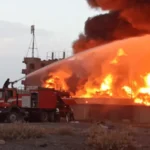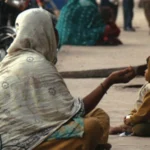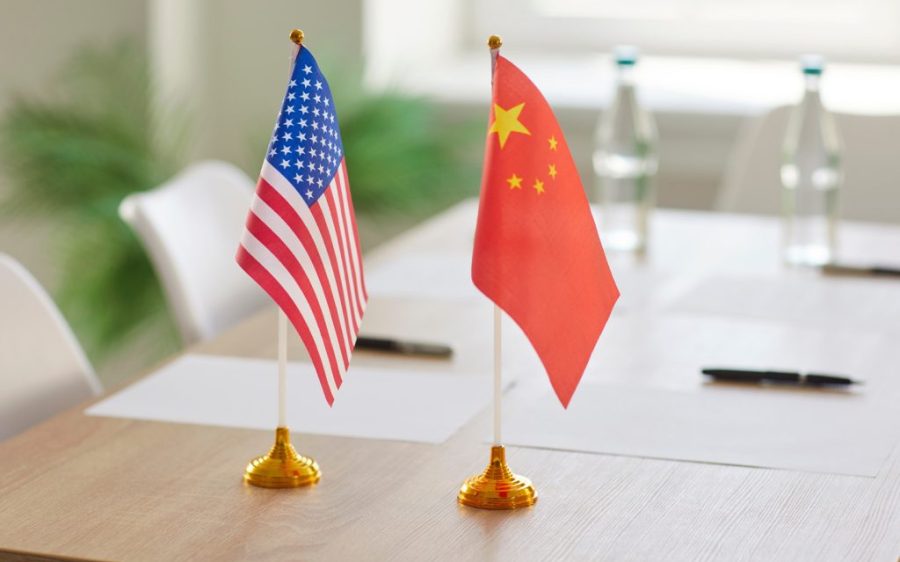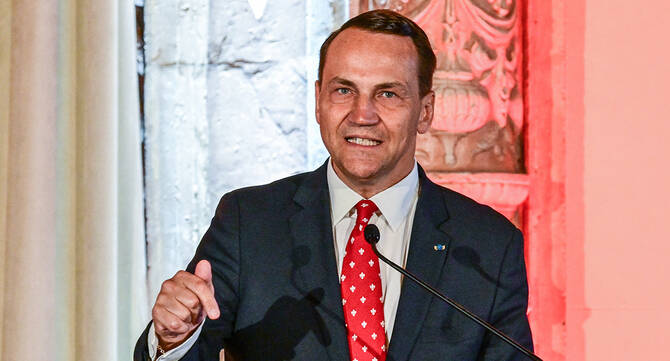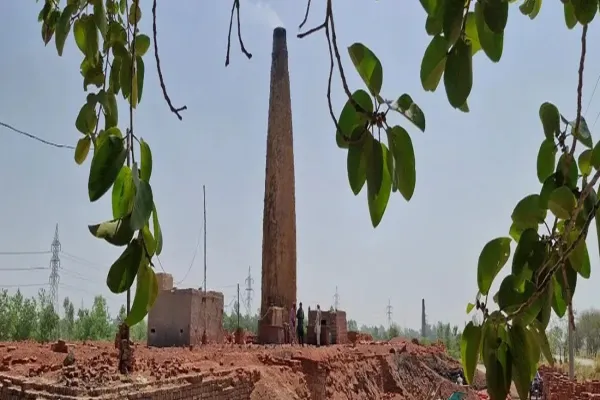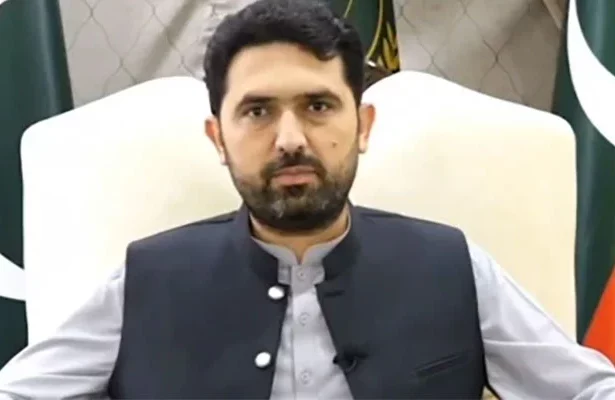After the ceasefire between Pakistan and India, the Pakistan People’s Party leaders held a press conference in which they stressed resolving the Kashmir conflict so that peace could prevail in the region. A narrow escape from war: Pakistan and India were on the brink of war, but the US involvement eased the situation. The Pakistan …
PPP Calls For Global Action After India-Pakistan Standoff
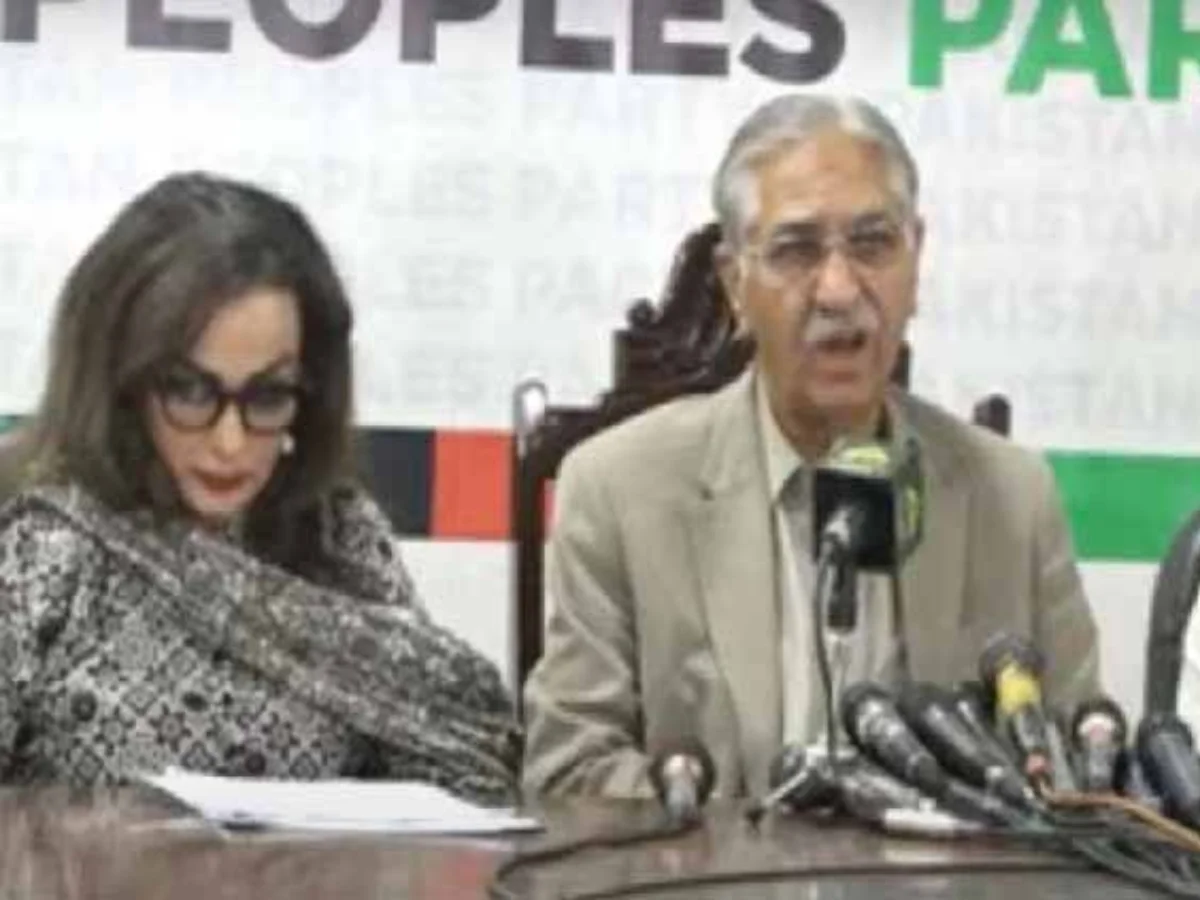
After the ceasefire between Pakistan and India, the Pakistan People’s Party leaders held a press conference in which they stressed resolving the Kashmir conflict so that peace could prevail in the region.
A narrow escape from war:
Pakistan and India were on the brink of war, but the US involvement eased the situation. The Pakistan Peoples Party (PPP) held a press conference. The Party leaders had asked for permanent peace rather than a temporary ceasefire. Senior PPP leaders Nayyar Bukhari, Sherry Rehman, and Nadeem Afzal Chan addressed the media. They urged the global community to step up and play its part in resolving the Kashmir conflict and reviving the Indus Waters Treaty.
A call to the world for action:
While briefing the media, Nayar Bukhari said that peace could only be achieved with the resolution of Kashmir’s issue. He said, “The world must now do more. It’s time for the international community to step in and push for a final, fair resolution between the two nuclear powers.”
Also Read: Ceasefire Shakes Pro-War Narrative
Observing a ‘Day of Gratitude’:
Sherry Rehman announced that her party would observe a ‘Day of Gratitude’ on May 15. This day will honour ‘Operation Bunyan Marsoos,’ She said May 15 is a tribute to the unity and courage of the nation and its armed forces. She, however, stated, “We salute the strength of our people and our soldiers. Their bravery helped defend our borders and allowed space for peace to return.”
The heart of the conflict:
In the press conference, Rehman raised voice for Kashmiris and said, “India’s illegal occupation and demographic changes in Kashmir are fueling the crisis. Ignoring the voices of Kashmiris and avoiding dialogue is what keeps this region unstable.” She also warned about India’s aggressive foreign policy moves, including cutting off trade, expelling diplomats, and using water resources as a weapon. She called it a broader strategy to isolate Pakistan on every front.
Diplomatic efforts recognised:
Senator Rehman praised the International bodies for their contribution to reducing the tension between Pakistan and India. She praised countries like the US, Saudi Arabia, and Turkey. However, she pointed out that it was Pakistan’s measured and evidence-based response that created the opportunity for diplomacy.
In addition, she highlighted and appreciated Pakistan’s media for their responsible and cautious behaviour in war-like situations. She stated, “While Pakistani outlets showed restraint and ethics, Indian media turned into loudspeakers for state propaganda. They misled their citizens with fiction instead of facts.”
A pretext for conflict:
The PPP leaders questioned the legitimacy of India’s response to the Pahalgam incident. Rehman noted that India refused to allow an independent investigation into the attack. She asked, “What is India trying to hide? Using unverified events as a reason to provoke war is dangerous and irresponsible.”
Modi’s narrative under fire:
Nadeem Afzal Chan accused Indian Prime Minister Narendra Modi of twisting facts during his recent speech about the crisis. He described Modi’s speech as one filled with denial and desperation. He said, “It sounded like the words of someone who didn’t win but lost.”


